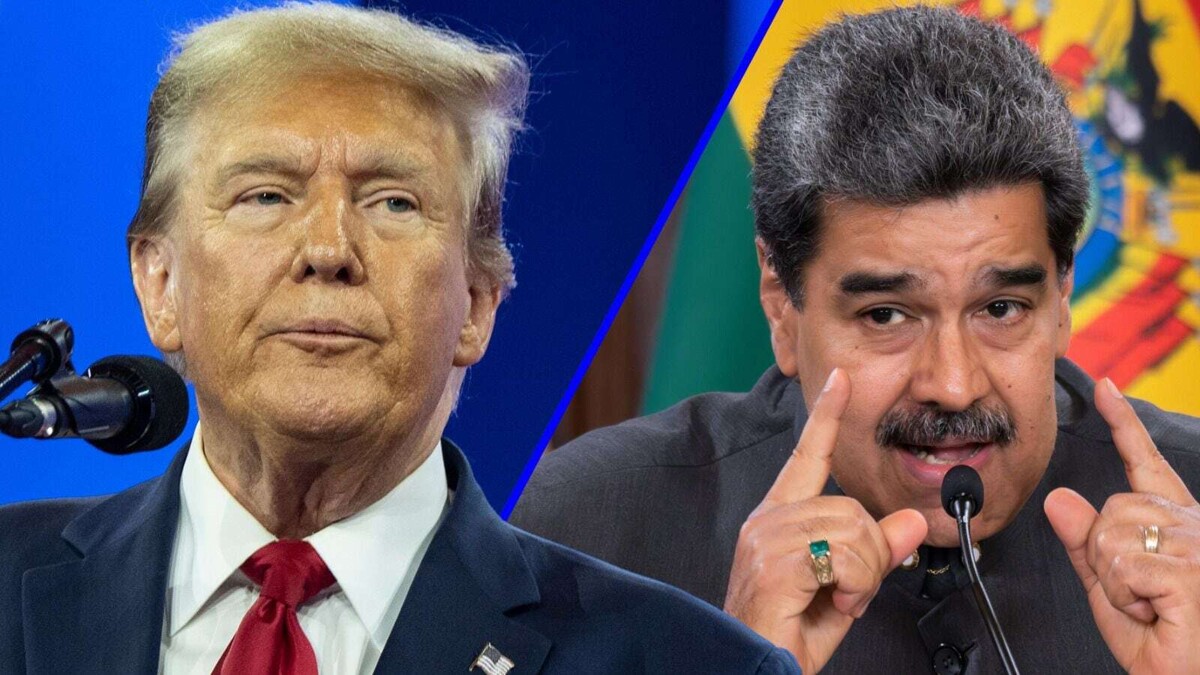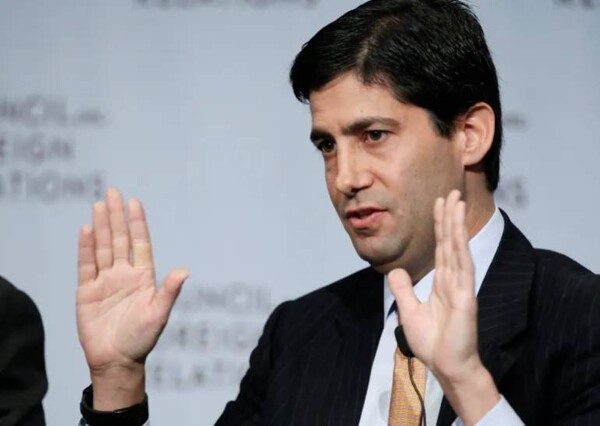
Olivia Troye, former White House adviser and lifelong Republican, revealed her disillusionment upon seeing the contradictions in Donald Trump's actions. While publicly advocating for tough policies to oust Maduro from power in Venezuela, he privately expressed admiration for him, calling him a 'strong' man. Troye questioned the true intentions of the former president, feeling that his focus was more on 'playing politics' than on governing.
Trump's anti-immigrant rhetoric personally impacted Troye, who grew up in the border city of El Paso and maintained strong ties with the community of Ciudad Juárez and Chihuahua. For her, the president's words had direct consequences in the communities, something she felt particularly after the racist shooting that occurred in 2019 in El Paso, where 23 people lost their lives.
One of the aspects that disturbed Troye the most was Trump's admiration for dictators and 'strong men,' which he openly expressed even in meetings she attended. On one occasion, the former president praised Nicolás Maduro privately, despite criticizing him publicly, which created confusion among White House staff. These contradictions resonated even more with Troye given her personal connection to the Hispanic community and the impact that Trump's words had on her loved ones.
The rhetoric used by the perpetrator of the shooting in El Paso, which included references to a supposed 'Hispanic invasion,' reminded her of Trump's anti-immigrant expressions, causing her profound discomfort. Hearing the president refer to that tragic event in White House meetings while thinking about her community and her aunt who was present in the mall during the attack generated mixed feelings and a sense of separation between public policies and the reality lived by the affected individuals.














